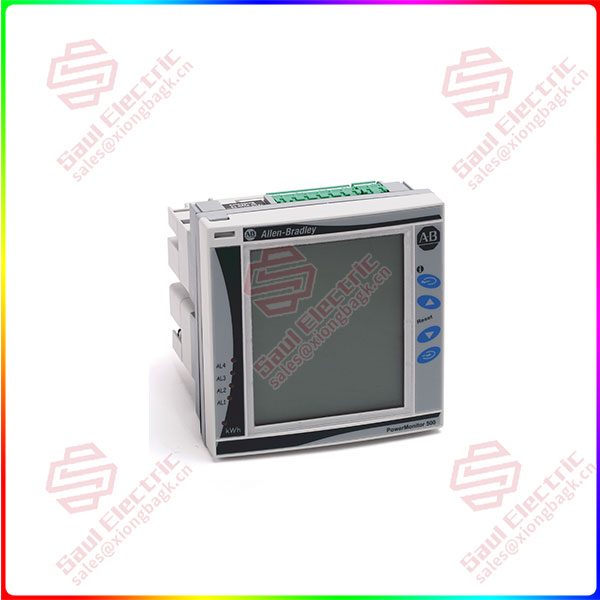From the first generation of pneumatic signal control system PCS, to the second generation of dynamic analog signal control system, to the third generation of digital computer centralized control system, and the fourth generation of distributed control system DCS, industrial control ushered in
The fifth generation control system Fieldbus control system FCS.
The technical basis of fieldbus control system is fieldbus. Simple operation, reliable operation, economical and practical…… For decades, fieldbuses have flourished in the industrial field, revolutionizing the architectural design of industrial underlying networks.
So, what exactly is a fieldbus?
01
“Neural Networks” in industrial sites
In the human body, there is a dominant regulatory system that can perceive various information of the internal and external environment and transmit it to various levels of nerve centers for integration to maintain the normal operation of the body, we call it the “nervous system network”.

1420-V2-ENT
Fieldbus is the “neural system network” inside complex industrial equipment. It is used in the communication interconnection between industrial field equipment (transmitters, field controllers, actuators, etc.), and is a communication network for the underlying data in the field of automation.
Tracing the history of fieldbus development, it can be roughly divided into analog signal (before 1975), digital communication (1980s), low-speed fieldbus (1990s) and high-performance fieldbus (21st century) four stages.
In the 1960s, with the rapid development of microelectronics technology, new sensors and actuators – what we call smart meters today – continued to emerge, and the need to develop new communication systems for these devices was imminent.
Therefore, as early as the early 1970s, the first batch of fieldbuses have been installed and put into use, but it was not until the mid-1980s that the standardization of fieldbuses really began, and to this day, the fieldbus has not yet formed a consistent international standard.
The result of inconsistent standards: confusion.
At that time, different manufacturers in Europe and the United States used different methods and different signal standards for product development, so that many intelligent industrial control instruments were incompatible. From the user’s point of view, it has seriously affected the global development of production.
In view of the adverse effects of this confusion, the International Electrotechnical Commission (IEC) stepped up and began to take the lead in developing an international communication standard between intelligent field equipment and control room automation equipment, and officially named Fieldbus, that is, fieldbus.
However, with the formulation of fieldbus standards, it is a “fieldbus standards war”.
 1 Year Warranty
1 Year Warranty





